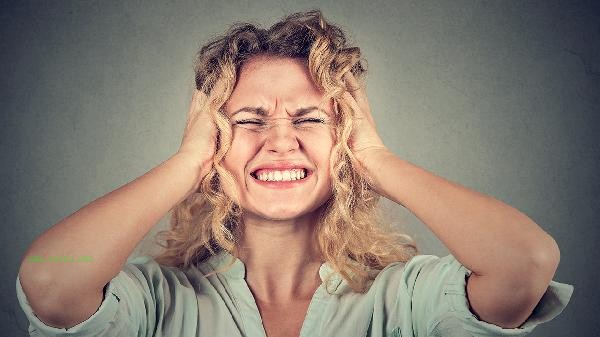Supplementing with androgens during male menopause requires weighing the pros and cons, which may improve symptoms such as hot flashes and emotional fluctuations, but may also increase the risk of prostate diseases. The main influencing factors include physiological needs, underlying diseases, medication regimens, monitoring frequency, and individual differences.

1. Physiological needs
A natural decrease in testosterone levels may lead to menopausal symptoms such as fatigue and decreased libido. When serum testosterone levels are below normal, short-term supplementation can help alleviate symptoms. However, asymptomatic or mildly declining individuals do not require intervention, as excessive supplementation may inhibit their own hormone secretion.
2. Patients with underlying diseases
combined with prostate hyperplasia or cardiovascular disease should be cautious. Androgens may stimulate prostate cell proliferation and exacerbate urinary difficulties; The impact on blood lipid metabolism may exacerbate arteriosclerosis. Prostate specific antigen, echocardiogram and other examinations should be completed before medication.
3. Medication scheme
Testosterone replacement therapy includes gel, patch, injection and other dosage forms. The percutaneous absorption of gel is stable but may pollute clothes. The injection needs to be administered regularly but the blood concentration fluctuates greatly. Individualized plans should be selected based on liver function, skin sensitivity, etc., to avoid adjusting the dosage without authorization.

4. Monitoring frequency
During treatment, testosterone levels, hematocrit, and prostate indicators should be rechecked every 3-6 months. When the hematocrit exceeds 50%, the dosage should be adjusted to prevent the risk of thrombosis. Long term users also need to monitor changes in bone density to prevent osteoporosis rebound.
5. Individual differences
Gene polymorphism leads to different sensitivity to androgens. People with low CYP3A4 enzyme activity have slower metabolism and are prone to adverse reactions such as acne and edema. Some individuals may experience significant emotional improvement after supplementation, while those with comorbid depression may require psychological intervention. During hormone therapy for male menopause, moderate exercise should be maintained, such as resistance training three times a week, which can help maintain muscle mass. The diet needs to control high cholesterol foods such as animal viscera, and increase the intake of cruciferous vegetables such as broccoli and cabbage. Avoid staying up late and excessive drinking, and regularly monitor blood pressure and blood sugar. When symptoms such as abnormal urination and chest pain occur, immediate follow-up should be sought, and self discontinuation or escalation is not allowed. Natural therapies such as zinc supplementation and maca extract can be used as auxiliary methods, but their effectiveness is limited compared to hormone therapy.





Comments (0)
Leave a Comment
No comments yet
Be the first to share your thoughts!